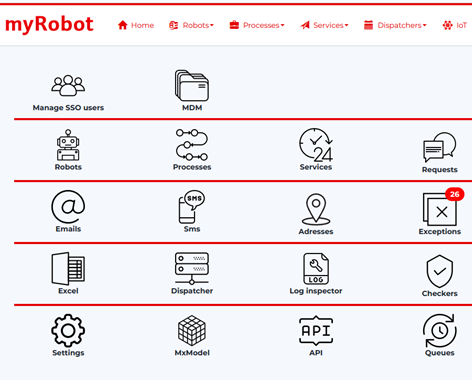Select country/region
Global
Bulgaria
Czech Republic
Estonia
Greece
Germany
Austria
Poland
Hungary
Italy
Latvia
Lithuania
Netherlands
Romania
Slovakia
Switzerland
Turkey
Ukraine
